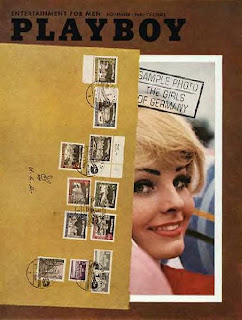
Robert Parker Online is a logical extension of The Wine Advocate: Self-published and independent, it holds out the promise of privileged access to the man. For $99US, you can peer over Robert Parker’s shoulder as he scribbles his tasting notes on all of those pilgrimages he makes across the world’s great wine regions.
Take the current issue—there are something like 1000 reviews of wines from a very modest number of regions. The back-catalog promises tens of thousands of reviews; the known universe of wine logged on a scale of 75 to 100. It’s all very intimidating, actually: Having unlimited access to Parker’s notes is a bit like putting on Sauron’s great ring of power, or staring into the Palantir of Orthanc—it can be deadly if you haven’t got the personal power or strength of character to process the information capably.
And these days, the rings of power are of most use to the merchants. A Parker score of 85 or above on a tag below a bottle on a wine-store shelf is a guarantee of a second look from a customer; a score of 90 virtually assures a sale. At least one reason a wine-lover hardly needs to subscribe to the newsletter is that all the good scores have already been cherry-picked and posted at a store near you. You already have access where you need it most.
Much of the rest of RPO is fairly typical weblog fare, i.e., gossip and filler—albeit at a social level where hubris is on the menu right after the aperitif. (A running series of dinner-party notes called The Hedonist’s Gazette feels like Don Juan’s Diary for the wine-slut—yet another unsuccessful attempt to give porn a good name.)
If that sounds as sour as a month-old, half-finished bottle of Beaujolais, it’s not meant to. The point is that we should probably think twice before we try to meddle in the affairs of enological wizards. Parker is a Force, and if we’re candid we admit that that’s what we’re trying to buy into when we subscribe to Robert Parker Online. And we’re not there to admire the depth of the metaphors; to luxuriate in the explosions of fruit, silky tannins and hints of shoe-leather on the finish. It’s Parker’s mighty 90’s and withering 79’s that are the name of Parker Online game; he’s there to sit in judgment of our purchasing decisions, and we’re paying him the money to either praise his good taste when he agrees with us, or call him a fool when he doesn’t. Robert Parker Online is wine-appreciation as fantasy baseball: A library of Alexandria for people whose lives revolve around vinicultural box-scores.















